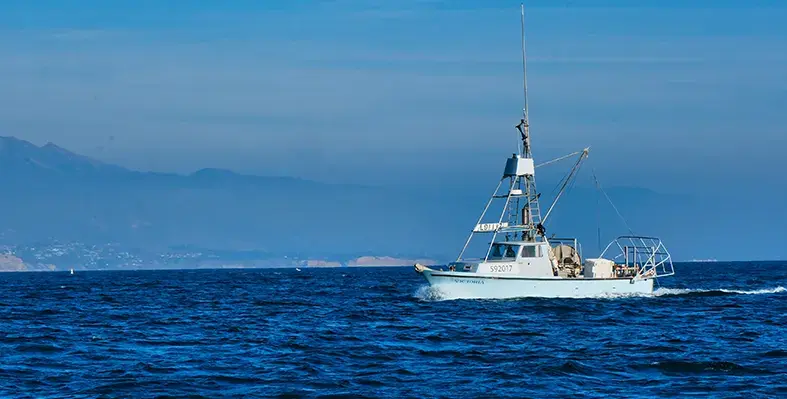Tanzania’s fishing industry has long supported families, kept children in school, and sustained coastal communities
But behind the scenes, the sector is under serious threat. The problem isn’t natural disasters or predators, but something worse—illegal foreign fishing fleets quietly stealing Tanzania’s marine resources.
According to the Tanzania Relief Initiative (TRI), many of these foreign vessels disguise themselves under local names and operate in Tanzania’s Exclusive Economic Zone (EEZ). Despite clear territorial boundaries, these fleets continue fishing without proper permits or accountability. The Global IUU (Illegal, Unreported, and Unregulated) Fishing Index has ranked Tanzania poorly, placing it among the worst-performing countries in recent years.
Edwin Mugambila, TRI CEO has called for urgent action. “Foreigners must pay taxes so the country benefits. Locals should be the ones earning a living from our waters,” he said at a recent press conference. He urged the government to introduce strict laws, involve local fishing associations in licensing, and implement modern tracking systems.
One major concern is the depletion of key fish species. Once abundant and valuable fish like Robusta are now nearly extinct in Tanzanian waters. Mugambila also raised alarm over the capture of banned species, including whales and sharks, with foreign crews taking only the fins and discarding the rest. Many foreign operators reportedly use Tanzanian proxies to appear legitimate while keeping full control.
Despite having over 1,400 km of coastline and more than 61,000 square kilometres of inland water, marine fishing contributes just 1.7 to 1.8 per cent to Tanzania’s GDP. Most fishing is done by small-scale operators using outdated tools. Deep-sea fishing, where the real value lies, is dominated by foreigners. Meanwhile, aquaculture remains underdeveloped, contributing only about 1 per cent to the economy.
Local fishers and entrepreneurs are also struggling to compete. Sarah Mwambu from the Tanzania Association of Marine Entrepreneurs (TAOME) said foreign buyers pay much higher prices for fish, leaving locals unable to match them. “We used to buy at 15,000/- per kilo. Now they offer 40,000/-. We can’t keep up,” she said.
The TRI and local groups are calling for tighter enforcement, better infrastructure, and greater support for Tanzanian fishers. With bold leadership and proper investment, Tanzania can take control of its waters and ensure the ocean’s wealth benefits its people first.





